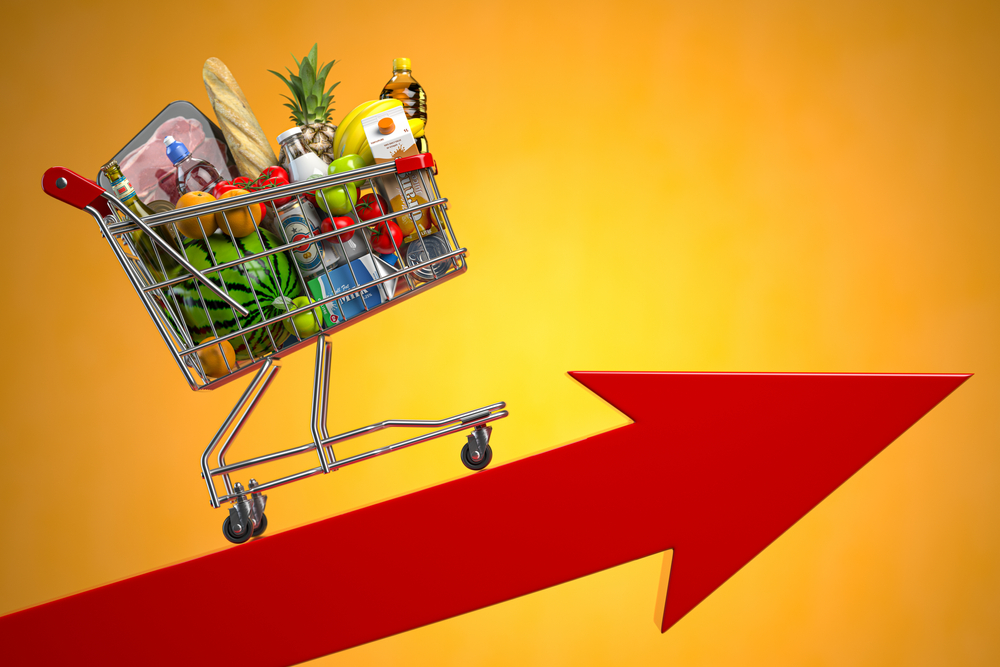Household Bills
Food price inflation hits record high as cost-of-living crisis continues to bite

Food price inflation was 15.7% last month, up from 15% in March, new figures have revealed.
This is above the three-month average of 15.1% and the highest rate on record, according to the British Retail Consortium (BRC).
Fresh food inflation was even higher and also reached a new record high, up to 17.8% for April, a rise from 17% in March.
Shop price annual inflation, which is the price of a basket of 500 commonly-bought items, fell to 8.8% in April, down from 8.9% the previous month.
However, despite the fall this figure was still above the three-month average rate of 8.7% and this type of inflation still remains near record highs, according to the the BRC-Nielsen Shop Price Index.
Helen Dickinson OBE, chief executive of the British Retail Consortium, said shop price inflation had not yet peaked but she said “food price rises will likely ease in the coming months, particularly as we enter the UK growing season, but wider inflation is expected to remain high.”
It comes as food prices were up 17.3% in April, according to Kantar, and reports show that food is rising at the fastest price in 45 years.
Ambient food (i.e. food and drink that can be sold and stored in normal room temperature) inflation rose to 12.9%, up from 12.4% in March, the fastest rate of increase on record for this category.
The inflation rate for non-food items fell to 5.5% last month, down from 5.9% in March which is below the three-month average of 5.6%.
‘Shop price inflation yet to peak’
Helen Dickinson said: “Shop price inflation has yet to peak. As Easter approached, the rising cost of sugar coupled with high manufacturing costs left some customers with a sour taste, as price rises for chocolate, sweets and fizzy drinks increased in March.
“Fruit and vegetable prices also rose as poor harvests in Europe and North Africa worsened availability, and imports became more expensive due to the weakening pound.
“Retailers continue to work hard to keep prices, particularly of essentials, as low as possible by expanding value ranges and offering discounts for vulnerable groups. Government must also minimise oncoming regulatory burdens, as these will serve as a drag on investment and will ultimately contribute to higher prices for UK consumers.”